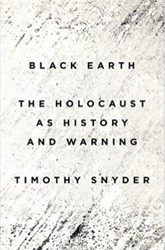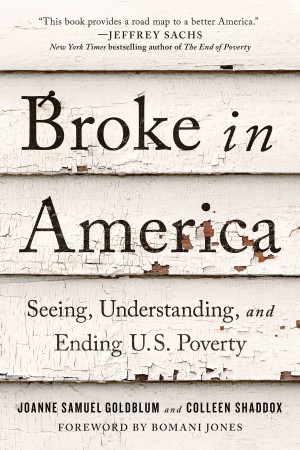The argument made in this cautionary book is that the election of Donald Trump has created a political challenge to our democratic form of government not dissimilar to the totalitarian movements of the twentieth century. Snyder argues that in our response to the threat presented by the new administration, we are no wiser than Europeans who saw democracy yield to fascism, Nazism, and communism.
Snyder, the Housum Professor of History at Yale University, is the author of Bloodlands: Europe Between Hitler and Stalinand Black Earth :The Holocaust as History and Warning, and is also a member of the Committee on Conscience of the United States Holocaust Memorial Museum. Few scholars are better able to connect the circumstances that led to the rise of Hitler to the present divisions that face American society. Snyder views our democratic institutions under danger: “We believe that we have checks and balances, but have rarely faced a situation like the present: when the less popular of the two parties control every lever of power[…] will we in retrospect see the elections of 2016[…] as the Germans viewed the election of 1932.” Elsewhere, Snyder notes that during the campaign Trump charged that the American media was dishonest and banned reporters from his rallies. “Like the leaders of authoritarian regimes,” Snyder writes of Trump, “he promises to suppress freedom of speech by laws that would prevent criticism. Like Hitler, the president uses words like lies to mean statements of fact not to his liking, and presented journalism as a campaign against himself.”
Given Trump’s dark picture of America as a nation virtually in decline as he iterated the crisis in his inaugural address, Snyder argues that a politician like Trump in invoking terrorism as a threat to our security is actually attempting to train ourselves to surrender freedom in the name of safety. People who attempt to assure you that you only gain security at the price of liberty, claims Snyder, “usually want to deny you both. When an American president and his security adviser speak of fighting terrorism alongside Russia, what they are proposing to the American people is terror management: the exploitation of real, dubious, and simulated terror attacks to bring down democracy.”
Snyder recalls that a lesson of the 1933 Reichstag fire is that our natural fear of terrorism must not enable us to destroy our institutions. He concludes by citing James Madison and Hannah Arendt: Madison warned that tyranny arises “on some favorable emergency,” and Arendt wrote that following the Reichstag fire “I was no longer of the opinion that one can simply be a bystander.
In this slim volume, Snyder warns readers of the anti-democratic tropes that distinguish the Trump administration. Obviously this is not an opinion shared by millions of Americans who voted for him. But given the many examples he draws from the period of Hitler and Stalin, his polemic should not easily be dismissed.





